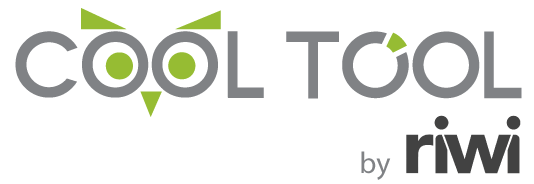As part of a World Bank project in 2016, RIWI conducted a survey of youth in Brazil to gauge perceptions towards education and jobs expectations, and measure personal traits known to be important to education achievement and labor market outcomes; as well as identify social norms and their significance to reported economic engagement. RIWI’s RDIT technology reached 5,742 individuals aged 15-29.
The data provided by RIWI were used to inform policies and to engage regional youth, as well as promote youth engagement in Brazil’s economy to increase job opportunities and availability. The World Bank relied on the data provided by RIWI to produce a detailed research report. The report highlighted key findings from RIWI data, underlining the gap between Brazilians’ perceptions and the reality that is occurring. When provided with the average income of a worker with a certain level of education and asked what someone with additional years of education might make on the job, a majority of survey respondents in Brazil underestimated the true value of additional years of school. For instance, over 40% of respondents who participated in RIWI’s survey thought a worker with just fundamental education who makes 1,226 reais on average would fetch the same salary as a worker who completed secondary education; only 14% overestimated the value of the same investment. Despite these findings, the reality in Brazil is different. A worker with secondary education earns a premium of more than 50% over the base rate for a worker with completed fundamental education (1,900 to 2,100 reais on average).

